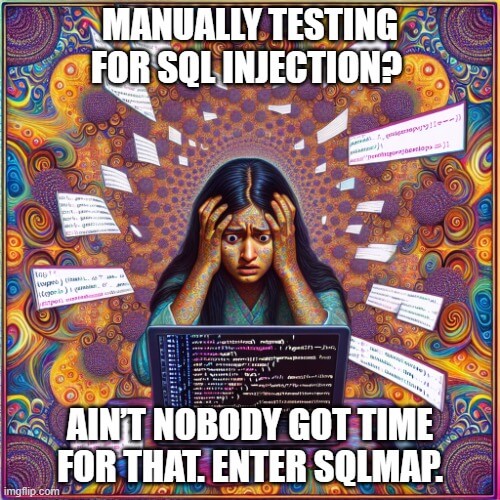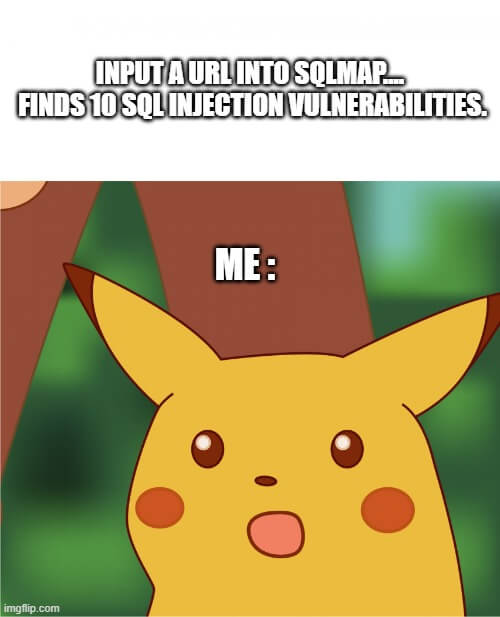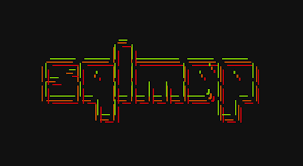Databases play a crucial role in storing and managing data for websites, applications, and businesses. However, their significance also makes them a prime target for cybercriminals. One of the most notorious vulnerabilities they exploit is SQL injection (SQLi), which can compromise sensitive information and disrupt operations. SQLMap, an open-source penetration testing tool, has emerged as a powerful ally in detecting and exploiting SQL injection attacks. In this blog, we’ll explore SQLMap’s capabilities and how it helps in identifying and mitigating these vulnerabilities.
Table of Contents
Understanding SQL Injection Attacks
SQL injection is a code injection technique that allows attackers to interfere with the queries a database makes. By inserting malicious SQL code into input fields, attackers can manipulate the backend database to access, modify, or delete sensitive data. SQL injection attacks often result from improper validation of user inputs and insufficient parameterized queries.
Types of SQL Injection Attacks:
Classic SQL Injection: Exploiting vulnerabilities by inserting malicious SQL code into input fields.
Blind SQL Injection: The attacker retrieves information based on the application’s behavior or content changes, even without visible error messages.
Union-Based SQL Injection: Utilizing the UNION SQL operator to combine results from multiple queries.
Error-Based SQL Injection: Leveraging database error messages to extract information.
Time-Based SQL Injection: Inferring data by observing response delays caused by time-related SQL functions.
SQL injection attacks can be catastrophic for organizations, leading to data breaches, financial loss, and reputational damage. Detecting such vulnerabilities early is essential to mitigate potential risks.
Introducing SQLMap: The SQL Injection Toolkit
SQLMap is an automated penetration testing tool designed to detect and exploit SQL injection vulnerabilities. Written in Python, it simplifies the process of testing web applications and databases for security flaws.
Key Features of SQLMap
Automated Detection: SQLMap can detect and exploit SQL injection vulnerabilities across a wide range of database management systems (DBMS), including MySQL, PostgreSQL, Oracle, and Microsoft SQL Server.
Database Enumeration: The tool can retrieve database metadata, such as table structures, column names, and user privileges.
Password Cracking: SQLMap supports cracking database user passwords using dictionary-based attacks.
Advanced Techniques: SQLMap employs a variety of SQL injection techniques, including boolean-based, time-based, and error-based methods.
Integration with Proxy Tools: SQLMap can integrate with tools like Burp Suite to intercept and test HTTP/HTTPS requests.
Using SQLMap to Detect SQL Injection Attacks

SQLMap’s user-friendly design makes it accessible to both beginners and advanced penetration testers. Below is a step-by-step guide on how to use SQLMap to identify and exploit SQL injection vulnerabilities:
Step 1: Install SQLMap
To install SQLMap, ensure you have Python installed on your system. Then, clone the SQLMap repository from GitHub:
$ git clone --depth 1 https://github.com/sqlmapproject/sqlmap.git sqlmap-dev
$ cd sqlmap-dev Alternatively, you can download the precompiled version directly from SQLMap’s website.
Step 2: Identify a Target
Identify a web application or URL that accepts user inputs, such as login forms, search fields, or URL parameters. For example:
cmd
http://example.com/page.php?id=1Step 3: Run SQLMap
Run SQLMap with the identified target URL:
$ python sqlmap.py -u "http://example.com/page.php?id=1"SQLMap will analyze the target for SQL injection vulnerabilities.
Step 4: Explore the Vulnerability
If SQLMap identifies a vulnerability, it will prompt you to proceed with further exploration. For example, you can enumerate database tables:
$ python sqlmap.py -u "http://example.com/page.php?id=1" --tablesRetrieve column information for a specific table:
$ python sqlmap.py -u "http://example.com/page.php?id=1" -T users --columnsStep 5: Extract Data
Once the structure is identified, extract data using SQLMap:
cmd
$ python sqlmap.py -u "http://example.com/page.php?id=1" -T users-C username,password --dump
Real-World Applications of SQLMap
SQLMap is widely used in penetration testing to assess the security of web applications and databases. Here are a few scenarios where SQLMap proves invaluable:
Security Audits: Organizations can identify SQL injection vulnerabilities before attackers exploit them.
Compliance Testing: Ensuring applications comply with standards like OWASP Top Ten.
Incident Response: Analyzing potential vulnerabilities post-breach.
How to Detect SQL Injection Attacks
While SQLMap is a powerful tool for detection and exploitation, proactive measures are essential to safeguard against SQL injection attacks. Here are some best practices:
Input Validation: Ensure all user inputs are validated and sanitized.
Parameterized Queries: Use parameterized queries or prepared statements to prevent SQL code injection.
Least Privilege Access: Restrict database user privileges to minimize the impact of a successful attack.
Web Application Firewalls (WAF): Employ WAFs to filter and monitor malicious inputs.
Regular Testing: Conduct periodic penetration tests using tools like SQLMap to uncover vulnerabilities.
Error Message Suppression: Avoid displaying detailed database error messages to end-users.
Ethical Considerations and Legal Compliance
While SQLMap is a valuable tool for ethical hacking and security research, it must be used responsibly. Unauthorized use of SQLMap to test or exploit vulnerabilities is illegal and unethical. Always obtain proper authorization before testing any application or system.
Legal Implications: Unauthorized testing of systems can lead to severe consequences, including legal actions, fines, or imprisonment. Ethical hackers must adhere to local, national, and international laws regarding cybersecurity and data protection.
Best Practices for Ethical Use:
Permission: Obtain explicit consent from system owners before conducting any tests.
Non-Disclosure Agreements (NDAs): If working as a third-party tester, ensure that all engagements are backed by NDAs to protect sensitive information.
Scope Definition: Clearly define the scope of testing in written agreements to avoid overstepping boundaries.
Professionalism: Follow a structured methodology and document findings transparently for the client.
Reporting and Remediation: Share findings responsibly and provide actionable recommendations to improve security.
By adhering to these principles, security professionals can use SQLMap effectively without compromising ethical standards or legal boundaries.
Conclusion
SQL injection attacks remain a prevalent threat in cybersecurity, but tools like SQLMap empower organizations and security professionals to detect and address vulnerabilities effectively. By integrating SQLMap into your security toolkit and adopting proactive measures, you can fortify your applications against potential threats.
Understanding and leveraging SQLMap not only enhances your penetration testing skills but also contributes to building a safer digital landscape. Use it wisely, and remember—prevention is always better than remediation.
Why Businesses Trust SecureMyOrg for Comprehensive Network Security
At SecureMyOrg, we uncover and fix all possible security vulnerabilities of mobile and web, while providing solutions to mitigate risks. We are trusted by renowned companies like Yahoo, Gojek and Rippling, and with 100% client satisfaction, you’re in safe hands!







Some of the things people reach out to us for –
- Building their cybersecurity program from scratch – setting up cloud security using cost-effective tools, SIEM for alert monitoring, building policies for the company
- Vulnerability Assessment and Penetration Testing ( VAPT ) – We have certified professionals, with certifications like OSCP, CREST – CPSA & CRT, CKA and CKS
- DevSecOps consulting
- Red Teaming activity
- Regular security audits, before product release
- Full time security engineers.
